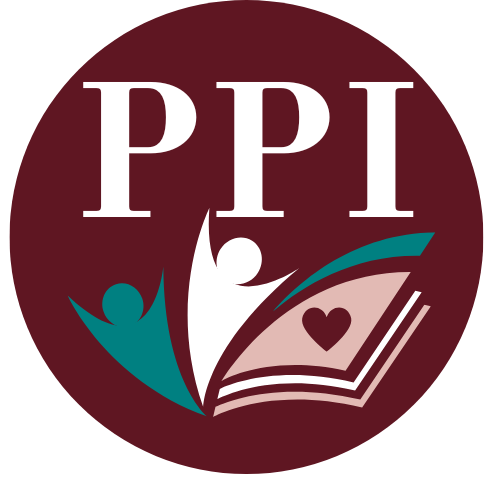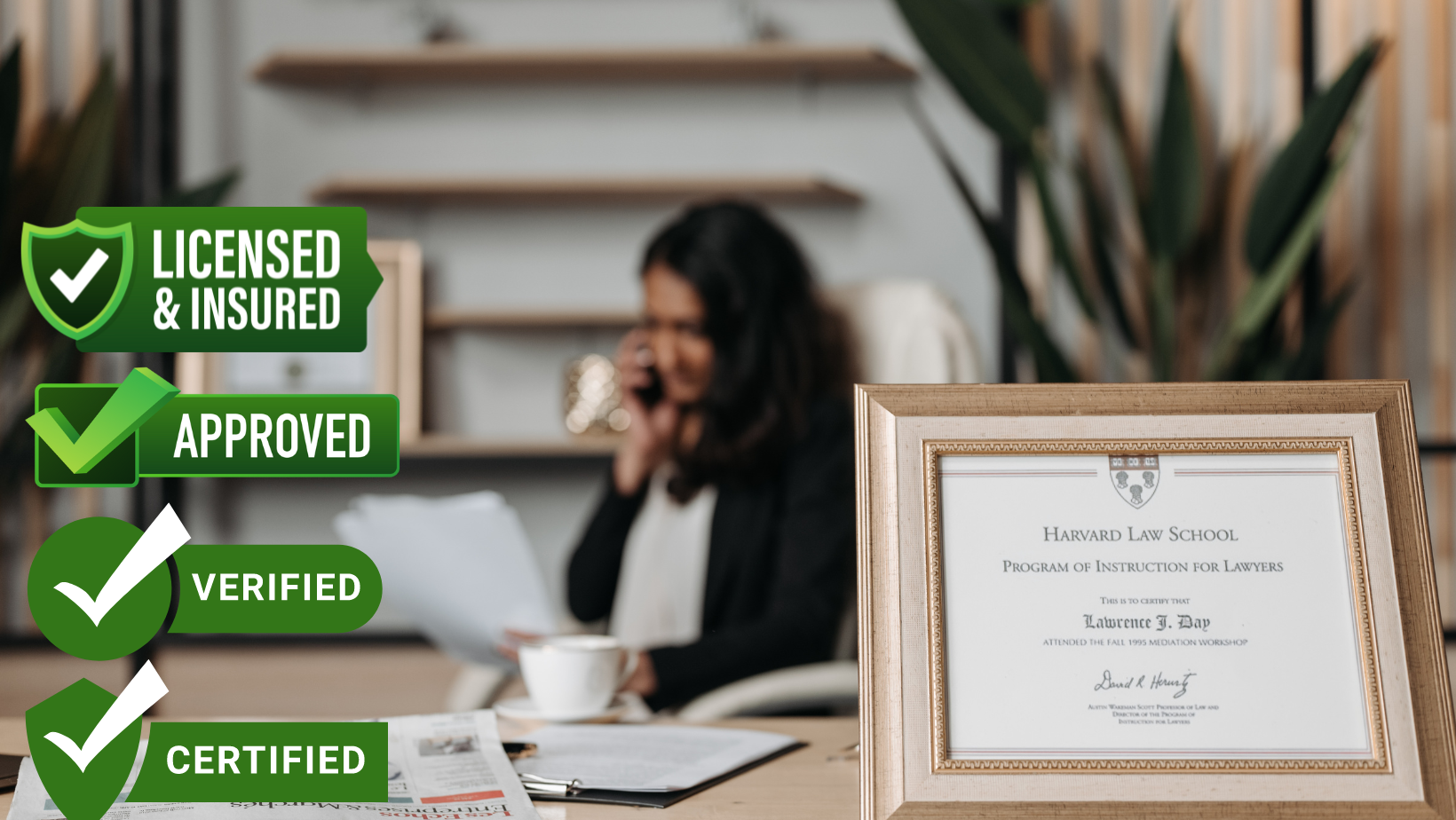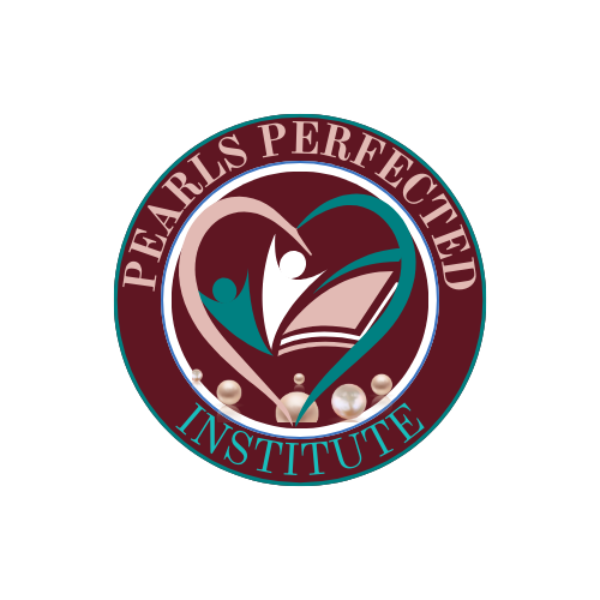If you are serving clients as a therapist, coach or counselor in the field of mental health and wellness, you most likely most have achieved credentials like degrees, certifications, and licenses. These accomplishments serve as fundamental indicators of your competence. You worked hard to make it to the point of completion so that you could be considered worthy of demonstrating your craft as a professional.
Look around your
office, are your degrees, certifications and license displayed on your wall of
fame? Hubby and I proudly display our credentials in our formal office. One of
the reasons we do this is because we often serve certain temperaments who are
nervous about counseling or do not trust the process and need to be reassured
of our competence. In fact, when I do temperament assessments on my clients
there are some cases where my clinical guide instructs me to make sure the
clients y are seated in an area where they can view my credentials clearly.
Even if you are
listed on Psychology Today, a prospective client will want to vet
you before picking up the phone or emailing you. I know because when I am often
lining up professionals to join me on “Asking for a Sister Friend, I will view
their to credentials but even more than that I also look to see what they are
doing to make a difference for the clients they serve. That is one of the
reasons I am building a Pearls Perfected Institute list of mental health and
wellness experts. Check out my growing list and consider being listed PPIProfessionals.com.
In a recent conversation with mental health expert and business coach Dr. Shana D. Lewis, we discussed how mental health and wellness experts can leverage their genius to establish themselves as authorities in the field. In episode 14 of “Asking for a Sister Friend” Dr. Lewis and I discussed the importance of leveraging your mental health genius in order to truly establish your authority in the field. Why limit your gifts and talents to just being a therapist, coach or a counselor when you can be considered an expert or an authority?
Five ways to establish your authority
Today, I want to share with you five ways mental health and wellness professionals can strive to establish authority that transcends your credentials and how doing so can benefit both you, your clients and the mental health and wellness community.
1. Cultivating Specialized Expertise
Although degrees and licenses offer a general
knowledge base, building authority typically requires honing specialized
expertise in particular fields or with target audiences. Have you identified
your niche or specialized area? Can you describe your ideal client, their
challenges, and the solutions that resonate with them? Do you have a specific methodology
that has been successful in serving your clients? If you were asked to speak at
a conference about your expertise, what would be your focus?
When you have a clear
understanding of your gifts, you can stay up to date with the latest research, therapeutic techniques, and best practices
ensuring your interventions are both evidence-based and tailored to individual
needs. Finally, by developing your areas of expertise, you can truly differentiate
yourself in a crowded marketplace, attracting clients seeking specialized
services, and becoming a go-to authority in your respective field.
A perfect example of
this is demonstrated in a conversation with my friend and colleague, Larry
Sidney, LPC. In Episode 11 of “Asking for a Sister
Friend” we discussed the impact
of counseling to save troubled marriages. In our conversation he shared his
enthusiasm when couples experiencing marital challenges come for their first
appointment. Over the years he has established himself as a leading counselor
for couples seeking guidance in the Kansas City area.
2. Engaging in Thought Leadership and Advocacy
True mental health authority
extends beyond the confines of your private practice or clinical setting. When
you leverage your expertise you become a thought leader and advocate for change
in the broader community. Whether through writing, speaking, or activism, you
can use your platform to raise awareness about mental health issues, challenge
stigma, and promote social justice and equity.
By engaging with the public, you can influence policy, support underserved populations, and foster a culture of empathy and understanding. Your contributions can even extend to educational institutions, to mentor the next generation of mental health practitioners, ensuring the field continues to evolve and adapt to the needs of society.
In addition to your public
endeavors, you may be given opportunities to collaborate with other healthcare
providers, educators, and community leaders to develop comprehensive programs to
address the root causes of mental health issues. This multidisciplinary
approach not only enhances the effectiveness of interventions but also ensures
that mental health care is accessible and inclusive.
3. Cultivating Professional Relationships and Networks
Authority in mental
health and wellness is not solely about individual accomplishments; it is also
about collaboration and community. When you establish authority beyond your
credentials you actively seek out opportunities to connect with peers, mentors,
and leaders in the field through activities such as public speaking, writing
articles and providing mentorship to upcoming professionals in the field.
When is the last time you shared your expertise
with a wider audience? At Pearls Perfected Institute, we offer various opportunities to showcase your
expertise. Whether you want to be a guest blogger, appear as guest on
"Asking for a Sister Friend," publish an e-book, or interact in the
PPI community, there are numerous avenues to connect with and inspire others.
Sharing your knowledge not only aids in the growth of others but also enhances
your own understanding and unveils new possibilities. Picture the positive
impact you can have by sharing your insights and experiences. So, take that
leap, seize the opportunity to engage with a wider audience, and witness how
your influence can create a significant impact in the world.
Are you ready to
expand your impact? Visit Pearls Perfected Institute or email me at info@janicerlove.com.
4. Going Beyond Credentials Delivers Beyond Client Expectations
While degrees and
licenses are crucial credentials, they may not fully establish trust and
credibility with clients. Building authority beyond these formal qualifications
can help you exceed client expectations. One method to go above and beyond is
by sharing knowledge outside individual sessions through creating top-notch
instructional materials in a client
learning portal.
This repository of resources can
include video tutorials, detailed articles, and interactive quizzes that cater
to a variety of learning styles. Clients who have access to these materials can
reinforce what they've learned during sessions, explore new topics, and feel
more confident in their own progress. PPI offers a user friendly client
learning portal specifically designed for mental
health and wellness professionals. Schedule a demoand see what your very own client learning portal can
deliver beyond your client’s expectations.
Offering free workshops
or webinars can further solidify your authority. These events provide
prospective clients a glimpse of your expertise and teaching style, creating a
foundation of trust before they even begin formal sessions with you.
Additionally, gathering
and showcasing testimonials from satisfied clients can greatly enhance your
credibility. Real-life success stories and positive feedback serve as powerful
endorsements of your skills and professionalism. Remember, building a strong, trustworthy relationship with your clients
goes beyond credentials—it's about consistently demonstrating your commitment
to their growth and success.
5. Embracing Lifelong Learning and Growth
Authority in mental
health and wellness is not static; it is dynamic and evolving. Going beyond
your credentials mean you prioritize lifelong learning, and stay abreast of emerging
research, trends, and best practices in the field. By continually expanding your
knowledge and skill set, you demonstrate a dedication to excellence and a
willingness to adapt to the ever-changing needs of your clients. Continuing to
learn and grow in your field of expertise is a great way to overcome imposter syndromein your professional life.
Conclusion
While degrees,
certifications, and licenses are essential credentials for mental health and
wellness professionals, they are just the beginning of the journey toward
establishing true authority in the field. By cultivating specialized expertise,
engaging in thought leadership and advocacy, building professional
relationships, delivering beyond client’s expectations, and embracing lifelong
learning, you can go beyond your credentials to become a respected leader and
change agent in the mental health and wellness community.
Ultimately, it is the
combination of formal qualifications and demonstrated expertise that enables you
as a professional to make a lasting and meaningful impact on the lives of your clients
and the broader society. Get out there and make your impact!
Blessings,
Dr. Janice R. Love
Founder/CEO Pearls Perfected Institute



